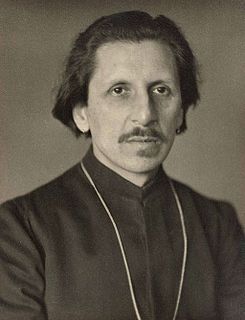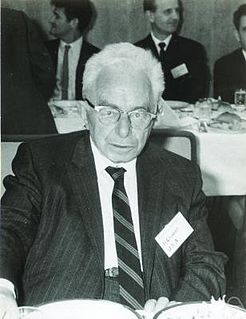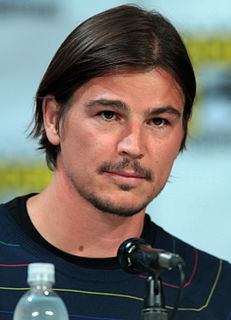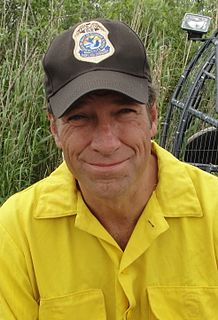A Quote by Ananda Coomaraswamy
Man's activity consists in either a making or doing. Both of these aspects of the active life depend for their correction upon the contemplative life (that is, the Hero).
Related Quotes
I don't really distinguish between a fictional hero and a real life hero as a basis for any comparison. To me, a hero is a hero. I like making pictures about people who have a personal mission in life or at least in the life of a story who start out with certain low expectations and then over achieve our highest expectations for them. That's the kind of character arc I love dabbling in as a director, as a filmmaker.
Mathematics as an expression of the human mind reflects the active will, the contemplative reason, and the desire for aesthetic perfection. Its basic elements are logic and intuition, analysis and construction, generality and individuality. Though different traditions may emphasize different aspects, it is only the interplay of these antithetic forces and the struggle for their synthesis that constitute the life, usefulness, and supreme value of mathematical science.
I just think of interesting roles to play. I guess that I have matured, I guess growing up and becoming a man, your taste in characters changes and I think I have become more interested in active characters as I have become less contemplative in my personal life. Things have become a little bit more interesting in the doing these days and less interesting in the thinking about the doing.
The only distinction between freedom and slavery consists in this: In the former state a man is governed by the laws to which he has given his consent, either in person or by his representative; in the latter, he is governed by the will of another. In the one case, his life and property are his own; in the other, they depend upon the pleasure of his master. It is easy to discern which of these two states is preferable.
A man can be a hero if he is a scientist, or a soldier, or a drug addict, or a disc jockey, or a crummy mediocre politician. A man can be a hero because he suffers and despairs; or because he thinks logically and analytically; or because he is "sensitive"; or because he is cruel. Wealth establishes a man as a hero, and so does poverty. Virtually any circumstance in a man's life will make him a hero to some group of people and has a mythic rendering in the culture - in literature, art, theater, or the daily newspapers.








































